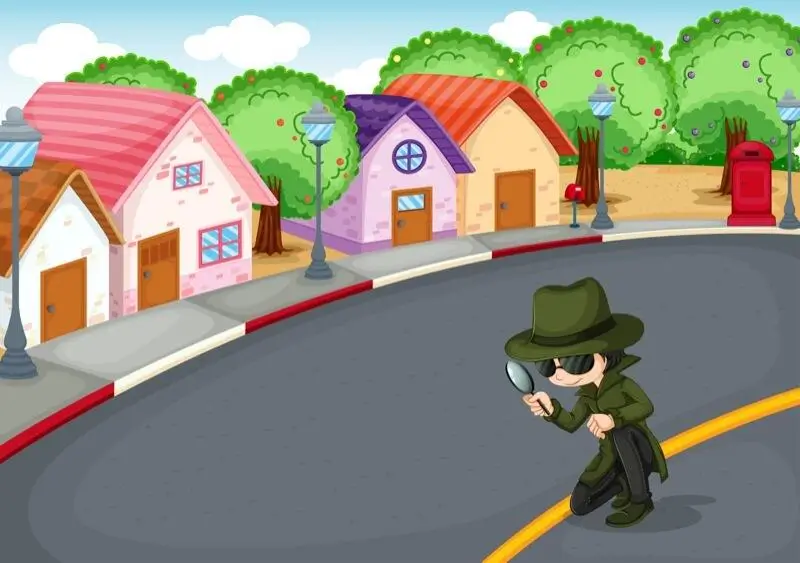As a landlord in Charleston, SC, you know that the charm of the Lowcountry attracts tenants seeking a comfortable Southern lifestyle.
But the number one rental property upkeep tip to ensure your property is in top shape and avoid costly surprises is performing regular inspections. From the salty coastal air that can affect building materials to the wear and tear of tenant turnover, Charleston rentals need attention at just the right intervals. So, how often should you inspect your property?
We can help. Read on to find out about the frequency of Charleston rental property inspections.
Tenant Property Inspection Checklist: Reasonable Frequency
Typically, landlords conduct major inspections as part of a landlord inspection schedule. They might be held at the beginning and end of a lease term, which helps establish the property's condition for both the landlord and tenant.
Move-in and move-out inspections serve as bookends to the lease period, documenting the property's state to help avoid misunderstandings about damage and deposit deductions.
Giving Notice
South Carolina law generally requires landlords to give reasonable notice before entering a rental property, with 24 hours being the commonly accepted timeframe. This notice period allows tenants to prepare, ensuring privacy and a smoother inspection process.
Whether the purpose is routine maintenance, a seasonal check-up, or a lease renewal inspection, landlords should communicate the purpose of the visit and the anticipated duration, setting clear expectations for tenants.
Being respectful during the inspection process will also help you bring in more tenants in the future.
Hire Property Managers
With their knowledge of local regulations and best practices, property managers help ensure that inspections are conducted legally and respectfully, protecting both the landlord's investment and the tenant's privacy.
They handle the logistics of providing notice, coordinating times, and following up on any issues found during inspections, freeing landlords from these time-consuming tasks. This professional approach ensures inspections are conducted smoothly and all necessary maintenance is promptly addressed.
Post-Inspection Steps
Don't forget about what happens after the inspection.
By taking detailed notes and photographs, landlords create a record that can be referenced later if questions or disputes arise. This documentation is especially useful when comparing the property's condition over time, helping to identify recurring issues or new wear and tear. Keeping these records organized and accessible allows for a clear maintenance history and can support decisions regarding repairs and upgrades.
Landlords should update their property maintenance records with any repairs or improvements completed after the inspection. This practice not only ensures that the property's maintenance history is up-to-date. It makes it easier to track when certain systems or appliances were last serviced.
Keeping tenants informed about completed repairs and maintenance enhances transparency. It creates a more trusting relationship overall.
Rental Property Inspections: Plan Today
There's a lot that goes into timing rental property inspections. Use this guide to figure out how to create a landlord inspection schedule that works for you.
Are you ready to hire South Carolina property management help? Adams Properties, powered by PMI, is here to provide our clients with the best possible customer service.
Call us to learn more.


